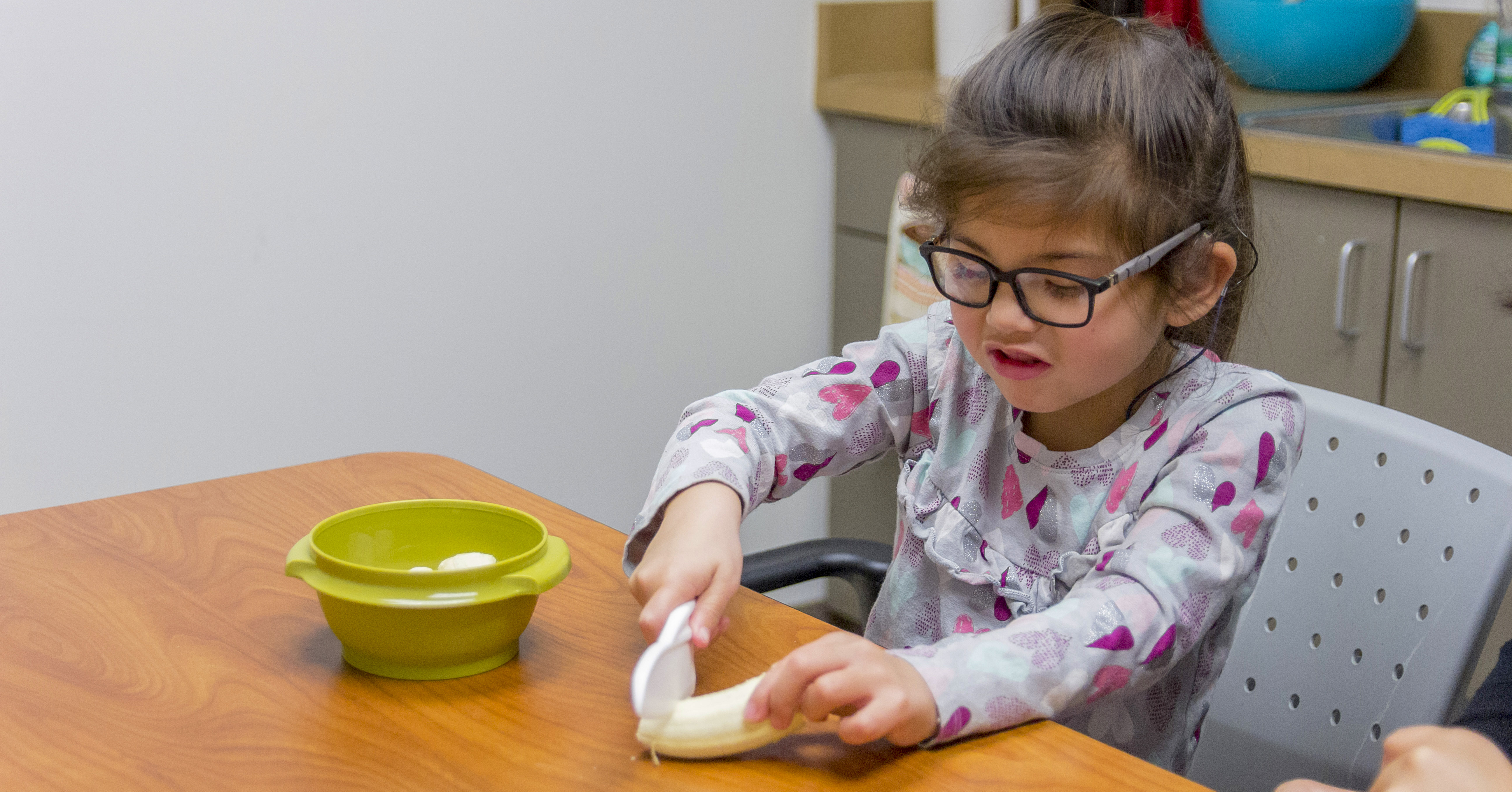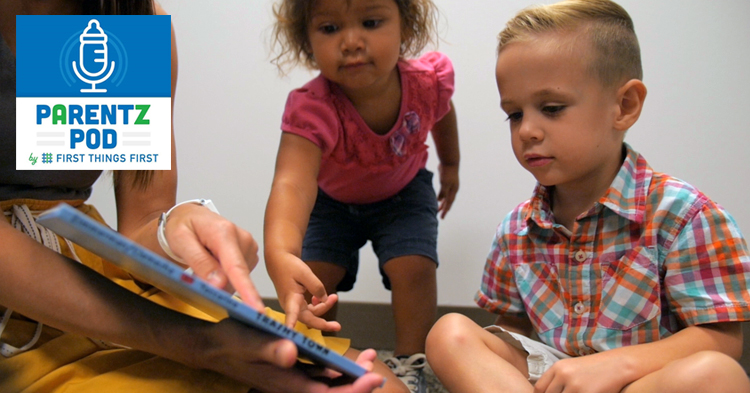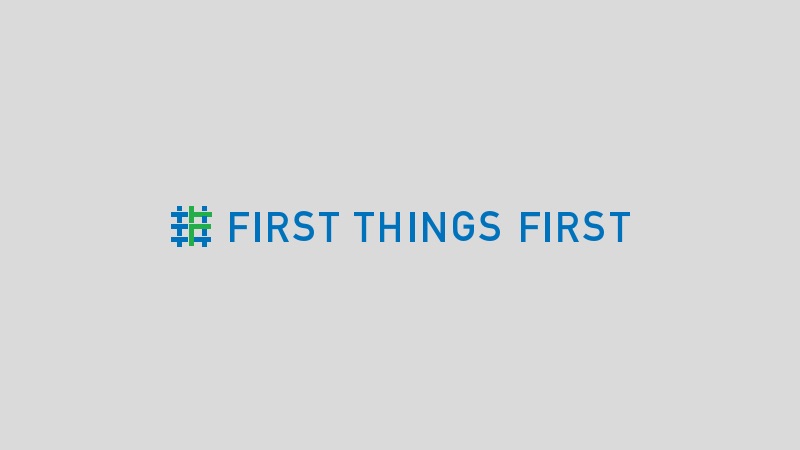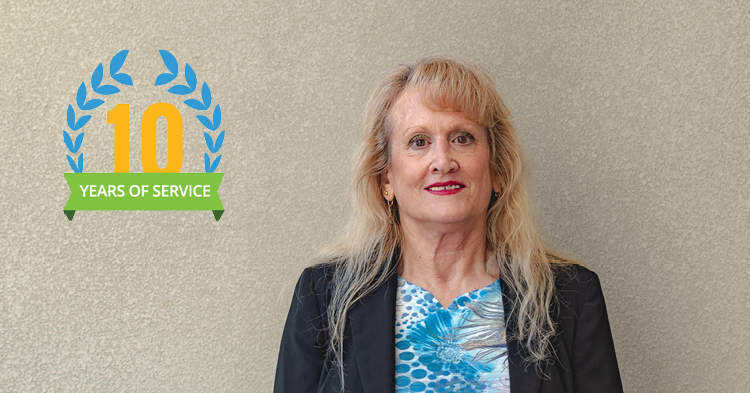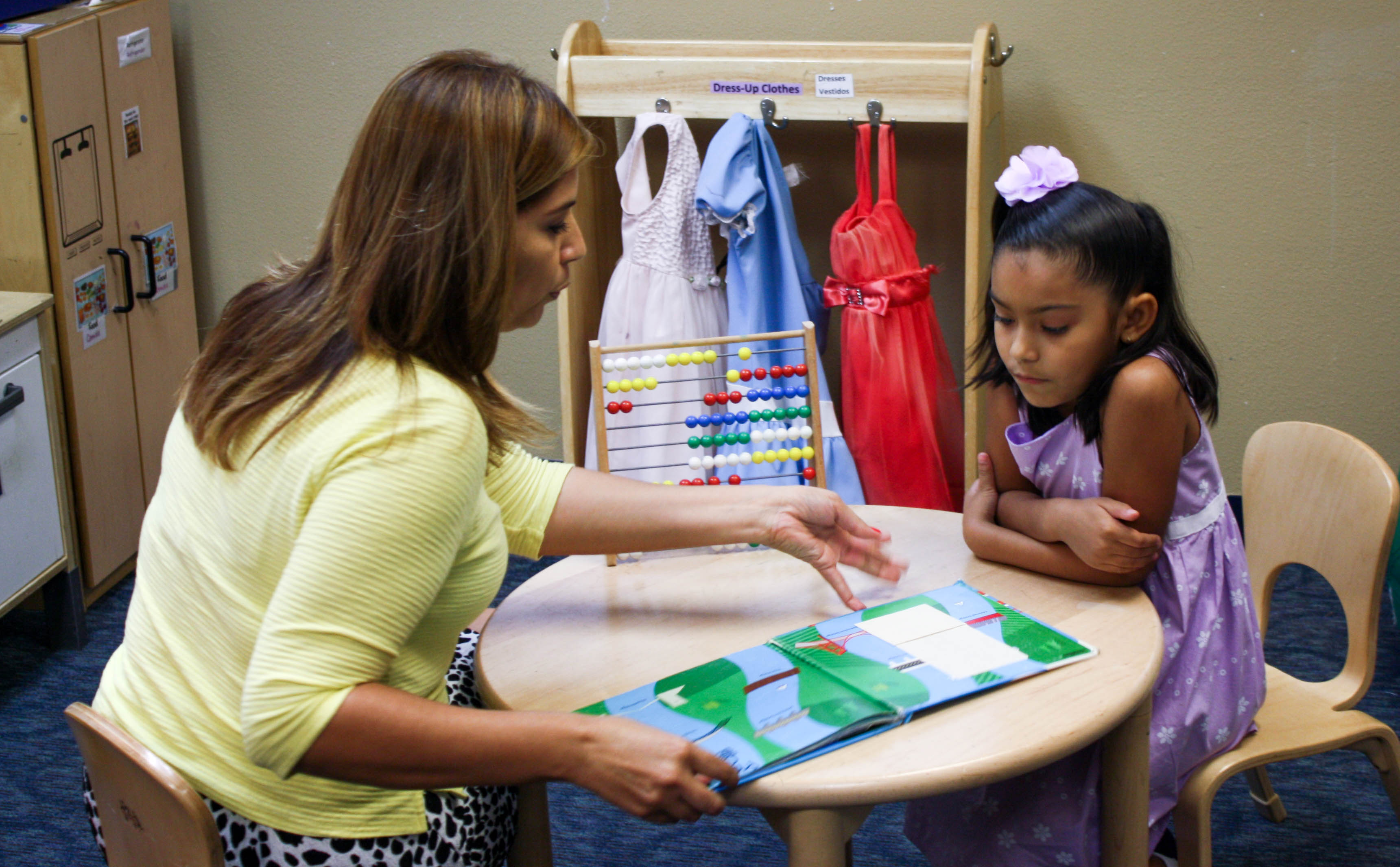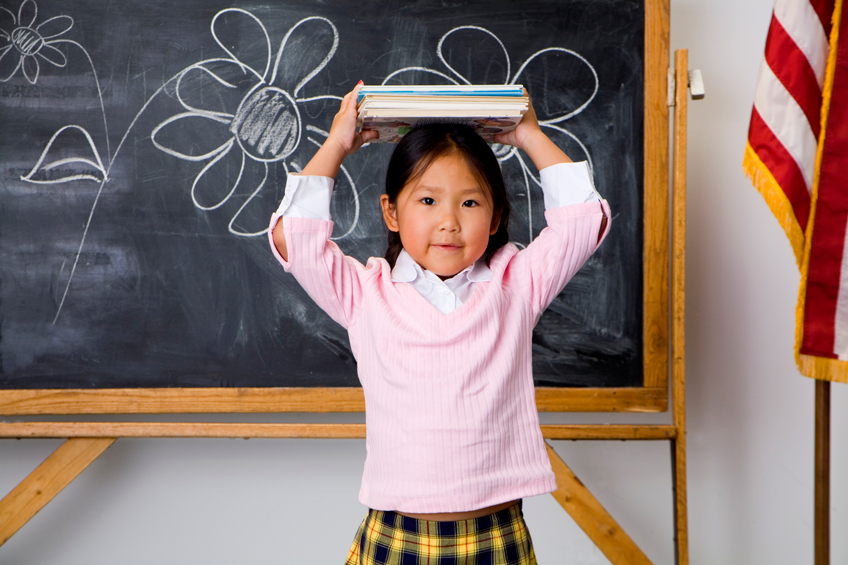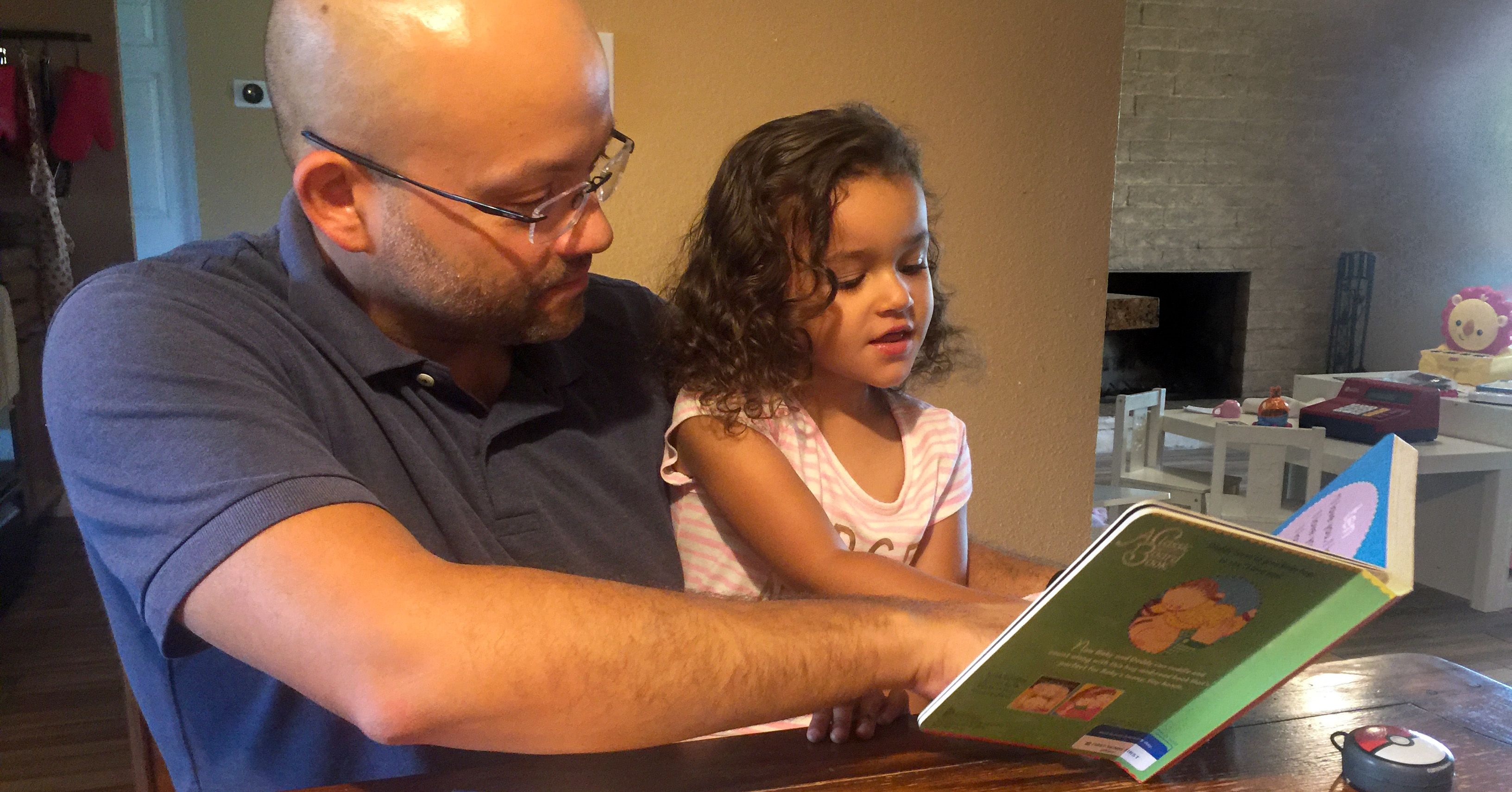
The holidays are behind us, but if you have a preschooler who will be entering kindergarten next school year, it’s not too early to start getting them ready. In fact, many schools hold their kindergarten registration events beginning this month.
First Things First (FTF), Arizona’s early childhood organization, has many suggestions on what families can do at home to prepare their child to be successful on the first day of kindergarten. The FTF Kindergarten Readiness page, is a resource for parents and caregivers to help children be prepared for school success.
You might be interested in:
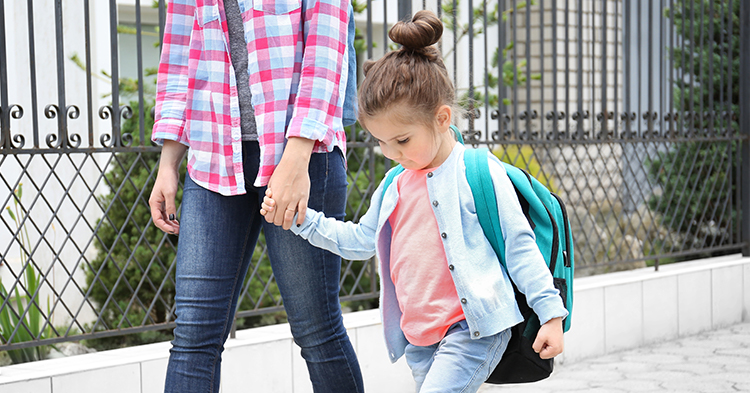
For Sharyn Weinheimer, a National Board Certified Teacher in the Kyrene Elementary School District in Tempe, reading at home is one of the best ways for adults to help a child be ready for kindergarten.
Weinheimer works with families from kindergarten to eighth grade, and leads an early literacy parenting series for the school district.
“There’s a lot of research behind the importance of reading to your child at home and how it promotes brain grown and helps you bond with your child,” Weinheimer said. She tells parents to set a routine to read with their child.
“Don’t just skip it,” she said. “I’m a parent. I know it’s not easy. But it doesn’t have to be at home in a reading corner. Bring a bag of books and read in the car. They’ll read at the breakfast table. I’ll show parents a picture of my daughter reading outside.”
Below are some tips from First Things First to help your preschooler have a fun, easy transition to kindergarten:
- Read with your child at least 20 minutes per day. Try books that repeat words; involve activities like counting, identifying colors, objects or letters; or, are about things your child likes. Ask questions like, “What do you think happens next?”
- Talk with your child everywhere – at home, in the car, at the store. Make up stories or songs about your outings.
- Writing begins with scribbling. Give your child safe writing tools to play with, like crayons, chalk or markers and blank paper. Ask your child to tell you about their drawings.
- Teach your child how to use the bathroom by themselves, to wash their hands after going to the bathroom and before eating, to blow their nose and sneeze into their elbow.
Before the first day, talk with your child about what to expect during the school day and types of after-school activities they may be involved in. The more details kids know, the less anxious they will feel.
Rehearse for the big day with test-runs of the new routine, which will include:
- Choosing what to wear the night before.
- Waking up with early to have plenty of time to get ready.
- Eating a healthy breakfast.
- Walking to the bus stop and talking about boarding and where to sit.
- Practicing how to open parts of lunch, whether it’s a carton of milk or a small bag of carrots. Remind them that teachers or lunch staff can help if needed.
Even if you don’t have kindergarteners this year, it’s never too early to start helping kids prepare. Children who have positive early childhood experiences tend to score higher on school readiness assessments and are more likely to do well in school and graduate.
By turning everyday moments into learning moments, we can send our young kids to school with the skills and confidence that will help them succeed in kindergarten and beyond.



